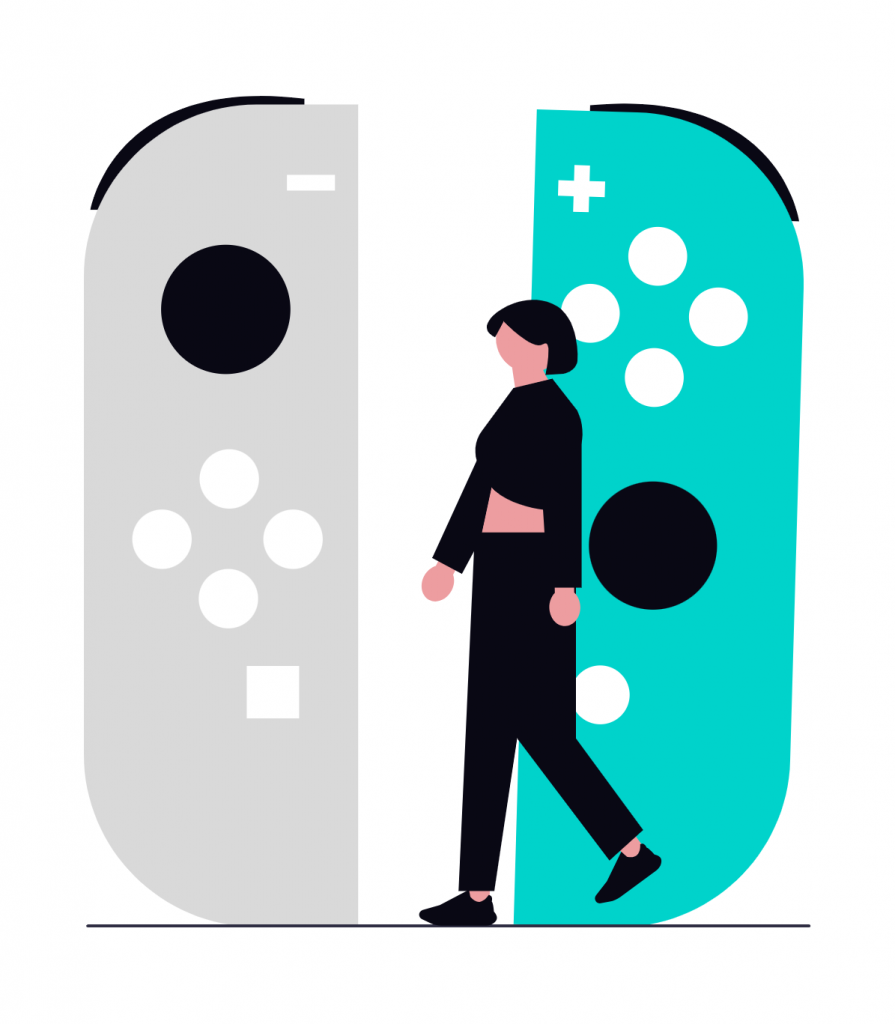
If you’re here, it means you’re passionate about games and skilled in languages. Here’s the great news: entering this industry can lead to a fulfilling and creative career. Breaking in implies you’re (at least) bilingual, but it also requires a combination of linguistic expertise, technical knowledge, and an understanding of global gaming cultures. In this article, we are going to give you some tips on how to get into game localization.
Beyond translating words
When you’re doing game localization, you’re adapting the video game for a different region or language, but this implies more than just translation. More often than not, you have to interpret the meaning, tone, humor, and cultural references. What you’re working towards is making the game feel native to the target audience.
There are multiple components within game localization: in-game text, user interfaces, voice-over scripts, tutorials, subtitles, packaging, promotional materials, and customer support documents. Larger studios may also localize game trailers, marketing campaigns, and websites.
The skills you need to have
It goes without saying that you need to be fluent in at least two languages. Native-level proficiency in the target language is almost always required, along with a strong understanding of grammar, slang, and cultural nuance.
Equally important is your technical proficiency. Game localization professionals often work with file formats like .xml, .json, .csv, or .po, which store in-game text. You need to be familiar with these formats, as well as with CAT (Computer-Assisted Translation) tools.
It also helps to understand the basics of game development and software architecture. When you know how games are built using engines like Unity or Unreal Engine, you can be more efficient at spotting issues and communicating with developers.
Education and training
Don’t worry, it’s possible to break into localization without a formal degree. But having academic credentials is definitely a plus, especially if you’re aiming to work with major studios or localization vendors. It’s also relevant to have a background in translation studies, applied linguistics, or game development. Some universities and institutions offer specialized courses in game localization.
If you want to build skills on your own time, you can find numerous resources online. Platforms like Coursera, edX, Udemy, and Locacademy offer courses in translation, CAT tools, and localization management. Additionally, go on websites like Multilingual and Slator for industry news and thought leadership.
Create a portfolio
Localization is one of those fields where having a portfolio is pretty much mandatory. When you’re trying to land your first gig, it can be hard to show something since you’ve never worked in this industry before, but you can consider localizing small indie games, mods, or visual novels. Many developers are open to collaborations with aspiring localizers.
Another strategy you can try is to localize trailers, app store descriptions, or user interfaces as mock projects. You can present before-and-after examples of your work (screenshots or side-by-side comparisons) to make your portfolio more impactful. Make sure your portfolio includes context explanations for your translations: what challenges you faced, how you approached tone, why you made certain localization decisions.
How to land your first job
Now how to get into game localization if you’ve never done this before? To break into the industry, you often start with small gigs. You can typically find game localization jobs on freelance platforms. While the pay for these entry-level jobs may be modest, they provide valuable experience. Another effective path is to apply to localization vendors that serve major game studios.
It’s important to enagage with other localizers and developers because it helps you stay informed, motivated, and open to job opportunities. Networking plays a critical role in long-term career growth. Try to attend conferences, either virtually or in person. Events such as GDC, LocWorld, XDS, and smaller meetups like LocJam give you a chance to meet recruiters, project managers, and other translators.
Start small, stay persistent
Here’s a bottom line for how to get into game localization: it requires persistence, passion, and a willingness to learn. The best localizers are those that are true game lovers and detail-oriented problem-solvers. Start small, build your portfolio, network with others in the field, and never stop honing your craft.